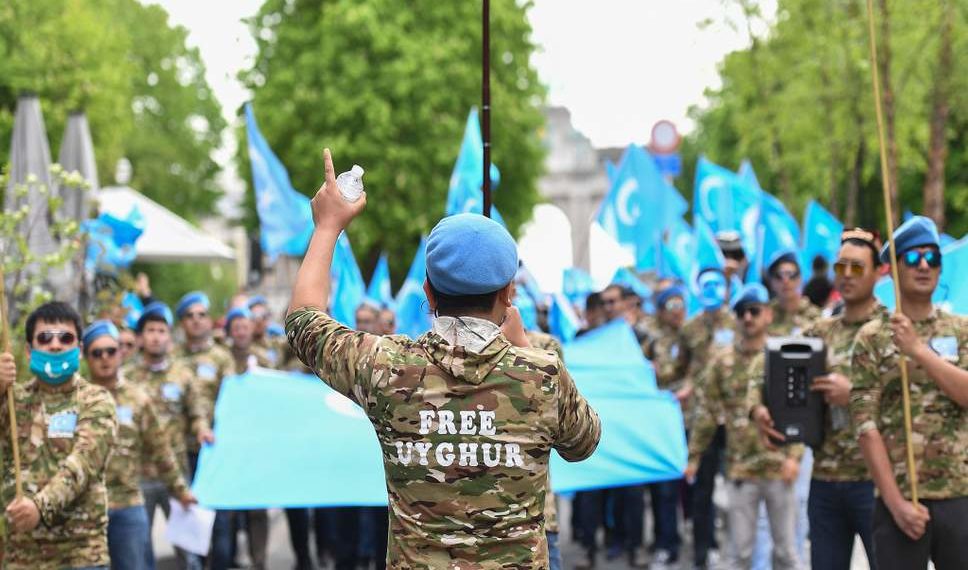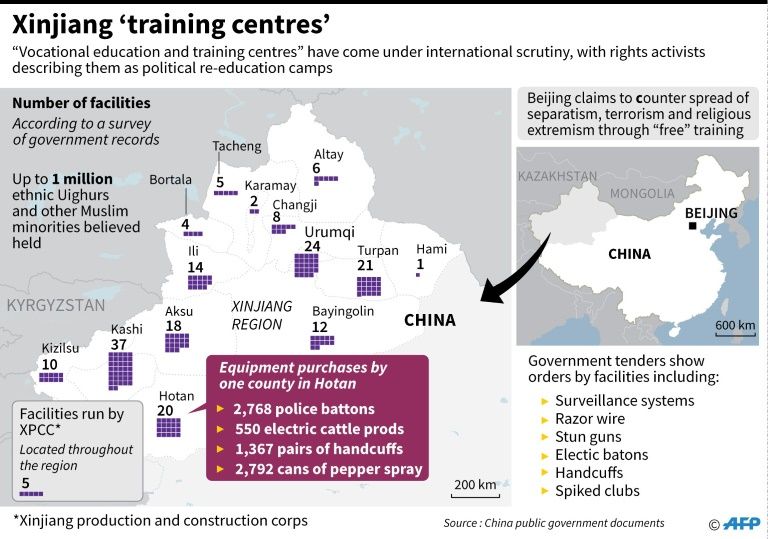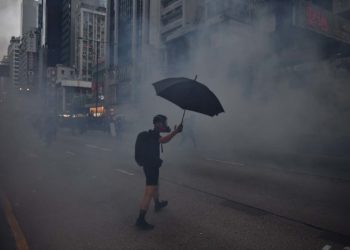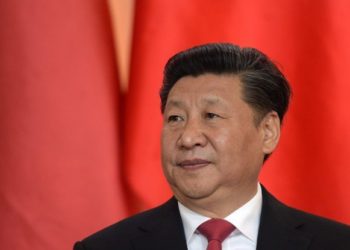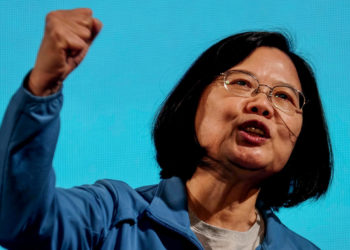In 2018, school officials in Peyziwat County in East Turkestan in the northwest of China forced Uyghur students and their parents to sign pledges that they would not fast during Ramadan. As an act of faith, the Ramadan fast is essential to Muslims. It is a personal and reflective act between believer and God. The wreckage of this relationship through the intrusive farce of enforced “pledges” is telling of the Chinese government’s destruction across the Uyghur cultural and religious landscape. The Chinese state determines every aspect of what it means to be a Uyghur and Muslim in China.
Recently, Jews and Christians followed the practices of Passover and Easter with acts of faith renewing their relationship with God. Muslims will observe the fast, giving of alms, and reading of the Quran during their holy month. In a country such as the United States, it seems unimaginable that these practices would be denied to believers. During Ramadan, I urge religious communities to support Uyghurs in their freedom to worship and to determine their spiritual lives.
Mass-Internment Camps in East Turkestan
Since 2017, the Chinese government has initiated a mass-internment campaign in East Turkestan that has taken an estimated and shocking 1.5 million individuals. The scale of the camp system and the rapid construction of these facilities has been breathtaking.
There are many pretexts for internment, including any kind of overseas connection, such as a relative living outside of China or a short visit to another country, or even the slightest standing as a public figure sharing the Uyghur cultural or scientific experience. The Uyghur Human Rights Project recently documented nearly 400 Uyghur intellectuals interned, disappeared, or imprisoned.
The scale of the ongoing emergency, now entering its third year, has led scholars and academics to raise the alarm. James Millward, a history professor at Georgetown University, has said: “Cultural cleansing is Beijing’s attempt to find a final solution to the Xinjiang problem.” Rian Thum, a Senior Research Fellow at the University of Nottingham, has warned that “in the pursuit of China’s ‘stability,’ mass murder and genocide do not look like impossible outcomes.”
Uyghurs and Islam
A Uyghur who openly shares their belief in Islam is certainly a target for the camps. The Chinese authorities have leveraged the camps to indoctrinate Uyghurs in the so-called “evils of religion” and to convert Uyghurs into secular individuals.

One Uyghur woman who was taken into one of the internment camps with her one-year-old baby was physically humiliated and repeatedly forced to denounce any belief in Islam. She was coerced to repeat sentences such as: “I deserve punishment for not understanding that only President Xi Jinping and the Communist Party can help me” and “There is no God. I don’t believe in God. I believe in the Communist Party.”
The Chinese authorities claim that these camps are a means to “re-educate” religious extremists. This is a lie and the deliberate exploitation of Islamophobia to justify de-humanizing conditions and torture.
From sheer numbers alone, it is hard to believe that there are several hundred thousand Uyghur extremists in the Uyghur homeland. From an understanding of recent history, the assertion extremism pervades Uyghur society is difficult to sustain. Two respected religious scholars, Muhammad Salih Hajim andAbdulehed Mehsum, have died inside internment camps. The Chinese government has refused to make any statements on these deaths in custody.
Religious Repression
In 2017, The Economist published an article titled The extraordinary ways in which China humiliates Muslims. The headline captured the lengths to which Chinese officials will go to control the spiritual lives of Uyghurs and other Muslims.
Over several years, the Uyghur Human Rights Project has recorded these restrictions, such as the strict prohibition against organized private religious education and the denial to freely undertake Hajj, the Islamic pilgrimage to Mecca. The minutest details are not overlooked. In 2017, Uyghurs reported that schools were discouraging students from using the traditional Muslim greeting of “As-Salaam Alaikum.” The appearance of Uyghur women as “too religious” has become a cause for concern demonstrating the gendered aspects of religious repression. Chinese police cut the long tops and dresses of Uyghur women because this kind of clothing was a sign of religious extremism.
Attack on Uyghur Ethnic Identity
The Chinese state’s assault on Uyghur religious belief and practice is not only an attack on Islamic values, but also on Uyghur ethnic identity. As Muslims and a Turkic people with a language and culture distinguishable from the Han majority, Uyghurs present an identifiable “other” whose difference from the rest of China is to blame for the country’s problems.
As Chinese officials sanction the demolition of mosques across the Uyghur homeland, they also slowly eradicate the Uyghur language from the education system and public life. Assimilation is an existential threat to who Uyghurs are. The Chinese authorities’ strategic refusal to craft policies that protect diversity gives rise to measures which will destroy Uyghurs as a people.
Famous #Uyghur singers Senever Tursun(L),Parida Mamut(M),Aytilla Ala sentenced to 5 yrs each. Famous comedian Adil Mijit (R) who suspended from work arrested some days ago. Whereabouts unknown. #JusticeforUyghur #ConcentrationCamps #EastTurkistan #reeducationcamps https://t.co/rd8ee0VYQc
— Uyghur from E.T
(@Uyghurspeaker) December 15, 2018
Therefore, as an act of faith, diversity, and solidarity against the willful policies of religious repression and cultural decimation, I ask religious communities at Ramadan to support the Uyghurs. Simple acts can be the most powerful. Americans can call their representative to support the Uyghur Human Rights Policy Act currently in Congress. Everyone can share information about the conditions in the Uyghur homeland, boycott Chinese made products during Ramadan, or donate to a Uyghur organization.
As a Uyghur, I appreciate your attention. Ramadan Mubarak.
Disclaimer: The views and opinions expressed here are those of the author and do not necessarily reflect the editorial position of The Globe Post.

